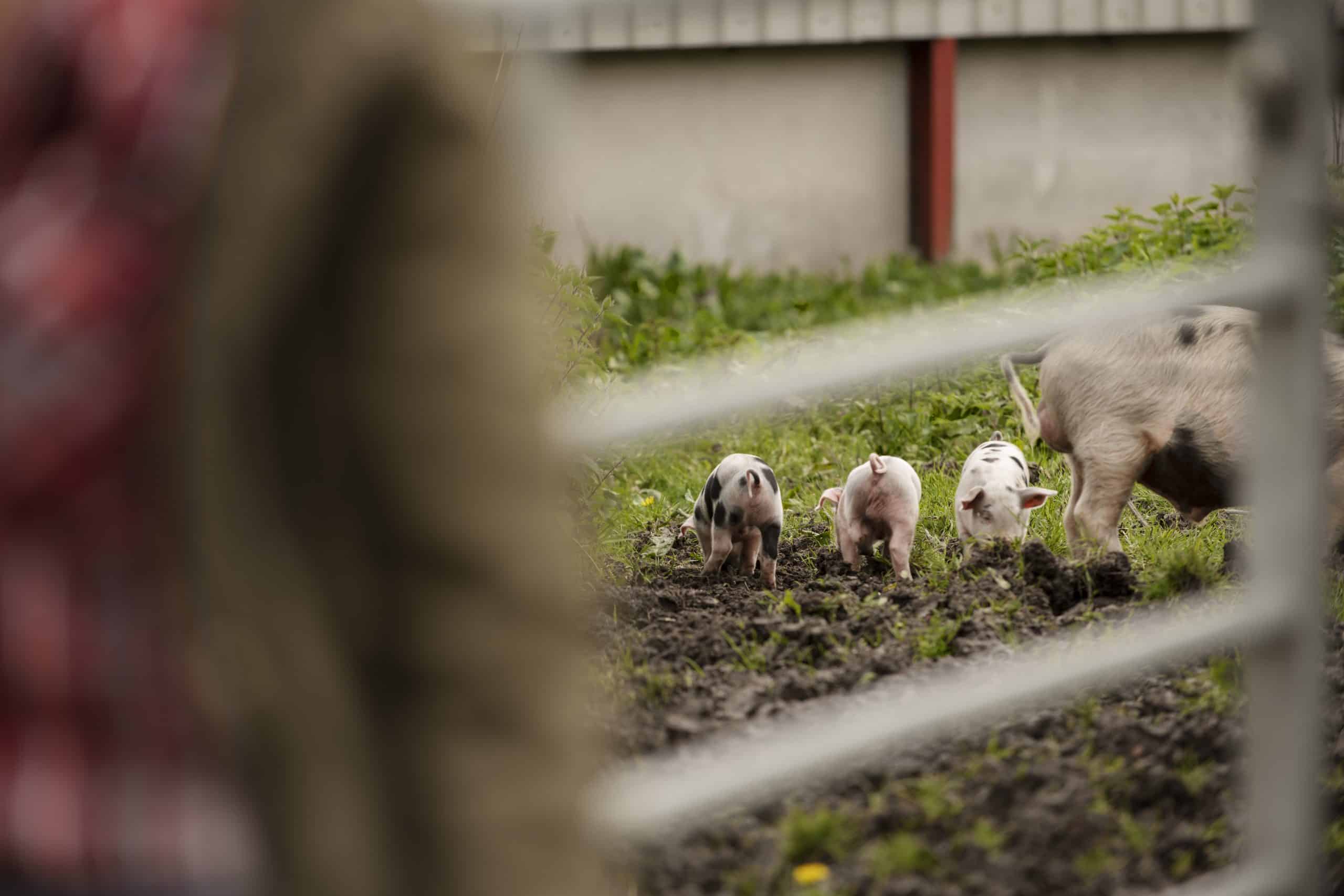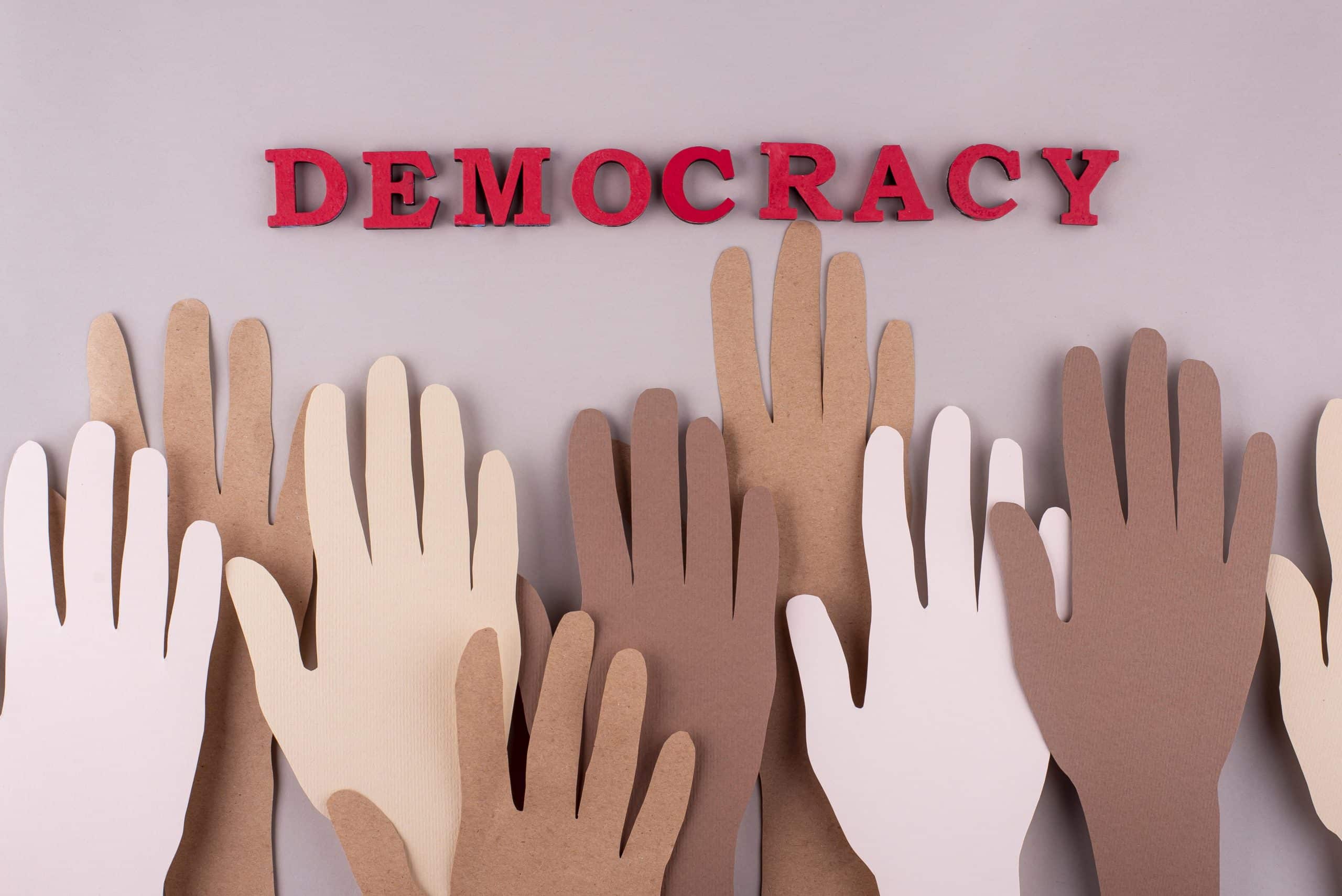
RECONNECT (Reconciling Europe with its Citizens through Democracy and the Rule of Law)
2018-2022
RECONNECT is a multidisciplinary research project aimed at understanding the challenges facing the European Union and proposing solutions.
With the explicit goal of strengthening the EU’s legitimacy through democracy and the rule of law, RECONNECT seeks to develop a new narrative for Europe that makes it more responsive to the expectations of its citizens.
Particular attention is given to economic and fiscal policy, terrorism, international trade, and migration issues.
PARTICIPANTS: 18 universities and research institutions across 14 countries, including the Université Catholique de Lille (ESPOL-LAB).
Funding Program: HORIZON 2020 – SOCIETAL CHALLENGES
Mechanised Orthosis for Children with Neurological Disorders - M.O.T.I.O.N
2019 -2023
The MOTION project addresses two main challenges:
Improving the quality of life of children with neurological disorders through the advancement, validation, and adoption of bionic rehabilitation technology.
Facilitating the transfer of knowledge and technologies from research to industry, healthcare professionals, end users, and policymakers by creating a transregional network.
PARTICIPANTS: 14 universities and research institutions, including the Université Catholique de Lille (JUNIA).
Funding Program: Interreg 2Meers


Poultry and Pig Low-input and Organic production systems' Welfare - PPILOW
2019-2024
The originality of this project lies in its participatory approach involving all stakeholders in the sector throughout the entire project.
The co-construction enabled by this participatory approach allows for the engagement of all actors “from farm to fork” in order to propose levers for improving animal welfare. Consideration of sustainability goals, animal well-being, and human well-being is also central to the PPILOW project.
PARTICIPANTS: 23 partners from 9 European countries, including farmer associations, companies, research institutes, and universities, among them the Université Catholique de Lille (JUNIA).
Funding Program: HORIZON 2020 – SOCIETAL CHALLENGES
Energy Performance Management, driving force behind a new governance model - MaPerEn
2019 -2024
MaPerEn is a European project aimed at reducing greenhouse gas emissions by engaging users in the energy performance of buildings.
It is driven by an ambitious collaborative initiative led by the Université Catholique de Lille (Faculties and JUNIA), the social housing provider Lille Métropole Habitat, and the City of Lille.
PARTICIPANTS: The MaPerEn project consortium is composed of the Faculties of the Université Catholique de Lille, JUNIA, Lille Métropole Habitat (LMH), and the City of Lille.
Funding Program: LIFE PROGRAMME


Smart energy flexibility for electricity distribution networks - E-BALANCE +
2020-2024
The E-balance+ project stems from the H2020 programme (an innovation action, 2019–2023).
It focuses on “Flexibility Options and Retail Market for the Distribution Network”, addressing flexibility solutions, smart grids aimed at enhancing distribution network resilience, and the design and testing of market mechanisms and tools to incentivize energy flexibility.
The project’s objectives aim to unlock the energy flexibility market in distribution networks to support energy professionals and electricity operators.
The E-balance+ proposal is an ICT platform ensuring integration and interoperability across all electricity domains.
PARTICIPANTS: The consortium is composed of 15 entities from 8 EU countries, including research centers, SMEs, and industry partners, among them JUNIA and the Université Catholique de Lille (FGES).
Funding Program: HORIZON 2020 – SOCIETAL CHALLENGES
Citizenship, Usefulness, Social Participation - CUP-E+
2019 -2023
Development of tools and a competency framework enabling individuals with motor disabilities to identify and showcase their skills, allowing them to participate fully in civic life.
The objective of this project is to identify and recognize the skills of people with motor disabilities, who are now more than ever eager to engage in civic and social life.
This skills recognition, carried out with a view to social utility, can be achieved through the development of practical tools.
In partnership with several countries (Spain and Italy), the association aims to create a tool for identifying the competencies of people with disabilities and an adapted competency framework.
PARTICIPANTS: The consortium is composed of 5 entities from 3 EU countries (France, Spain, Italy), including the Université Catholique de Lille.


Activating European Citizens’ Trust in Times of Crises and Polarization Vers une nouvelle ère de démocratie représentative - ActEU
2023-2026
The ActEU project examines the decline of political trust and legitimacy in Europe. It focuses on the interactions between citizens’ political attitudes, their political participation, and the representation of their political preferences.
The project is conducted in two phases:
Phase 1: Identification of causes (polarization, EU multi-level structures) through an innovative approach and new data.
Phase 2: Development of practical tools to strengthen democracy, in collaboration with civil society, Youth Democracy Labs, and Cartooning for Democracy.
Funding Program: Horizon Europe – Global Challenges and European Industrial Competitiveness
Data Matters: Sociotechnical Challenges of European Migration and Border Control - DATAMIG
2023- 2027
DATAMIG is a project that focuses on the socio-technical challenges posed by the use of artificial intelligence and Big Data in the management of borders and migration in Europe. It aims to support interdisciplinary research on the potential biases introduced by these technologies and to advocate for a more human-centered approach to migration data management.
DATAMIG encourages collaboration across scientific disciplines to develop a shared vocabulary and to make data-related issues a topic of public debate.
Funding Program: COST Action – Horizon Europe


Democratic Governance, Environmental and Climate Challenges, and Societal Transformation: Deliberation, Inclusiveness, and Citizen Empowerment for Sustainable Food Systems - DEMETRA
2024-2027
The DEMETRA project aims to address the sustainable governance of food in urban contexts in order to achieve the objectives of the European Green Deal and the Farm to Fork Strategy. This 42-month project (from May 2024 to November 2027) is funded by the European Commission under the Horizon Europe programme.
Funding Program: Horizon Europe – Global Challenges and European Industrial Competitiveness
Regaining linkage? Digital technologies improving civic engagement, political organisations and democracy - RELINK²
2024- 2028
The COST Action RELINK² aims to strengthen existing networks among academics from different disciplines and regions of Europe to study two key issues:
How can democracies regain legitimacy and rebuild the link between representative institutions and citizens by leveraging the advantages of digital technologies?
How can political organizations create connections with politically active but digitally marginalized groups (e.g., older adults) on one hand, and with digitally active but politically marginalized groups (e.g., youth) on the other?
Funding Program: COST Action – Horizon Europe



